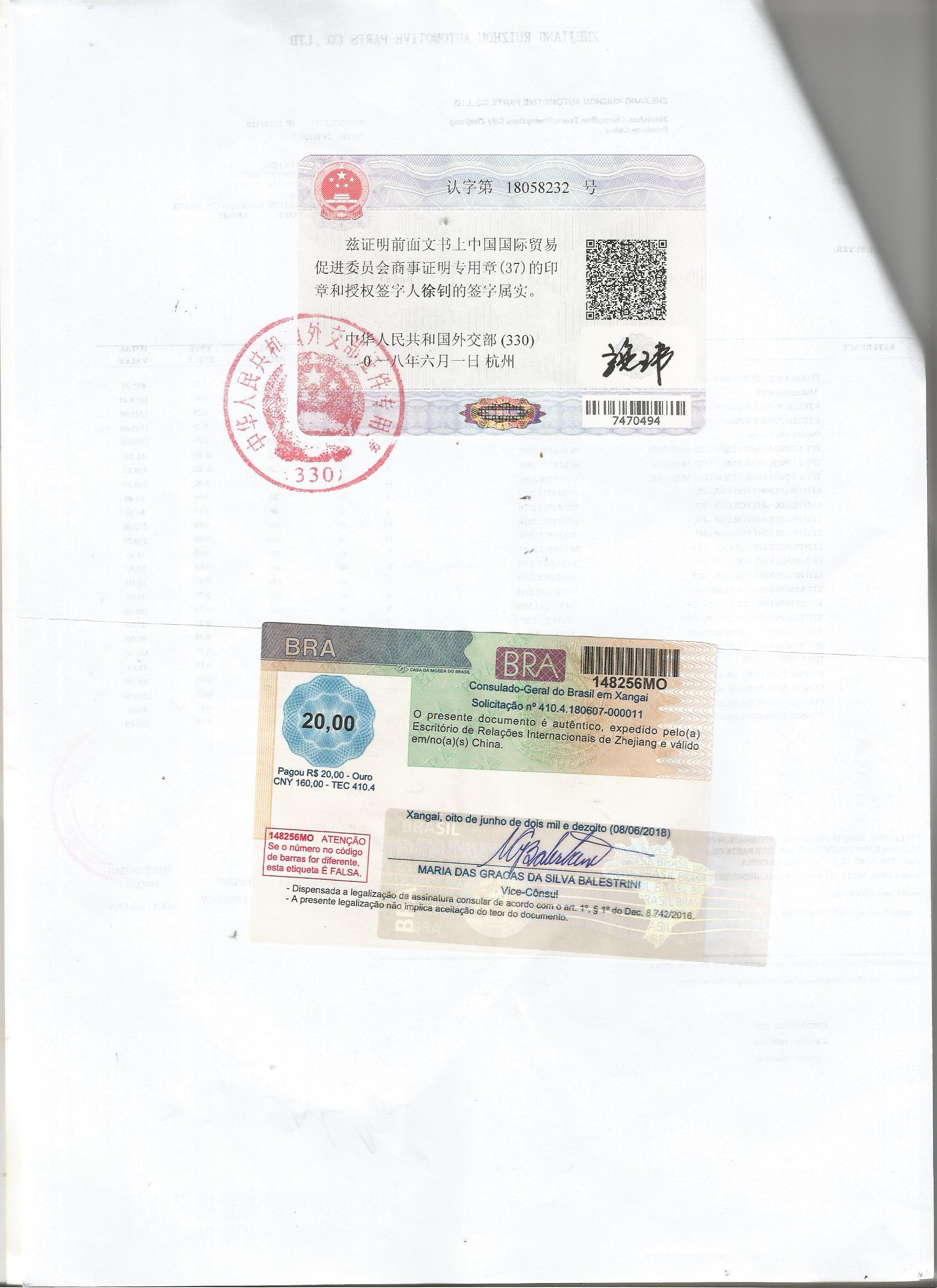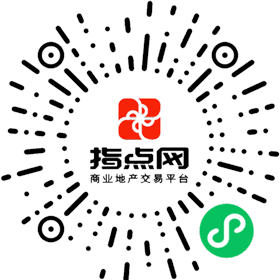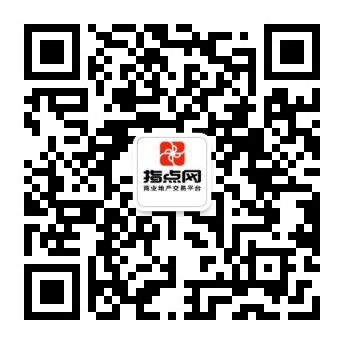巴西非自动进口许可证LI(巴西许可证书领事馆认证)
大 使 馆 认 证 助 手-- 在 华 领 事 馆 认 证 帮 手-- 贸 促 会 认 证-- 香 港 商 会 认 证-- 香 港 未 再 加 工 证 明
巴西非自动进口许可证LI
什么是LI
Brazilian non-automatic import license LI
What is a LI
巴西客户经常会提到LI,它是“非自动进口许可证”的简称。
Brazilian customers often refer to LI, which stands for "non-automatic import licence".
进口许可证分为:自动进口许可证和非自动进口许可证(简称 LI )。自动进口许可证, 是针对那些不必进行严格贸易管制的商品,许可证的申请与递交报关单同时进行,审批过程比较简单,且自动批准;非自动进口许可证,则是针对国家控制的商品和进口行为,其申请通常要在货物装船前或视情况在报关前进行,审批过程比较复杂,需要出示各种文件和证明,并要经相关机构会签。以投资形式进入巴西的进口商品受非自动进口许可证(LI)的管理,进口商(外资或合资企业)需事先向巴西发展工商部外贸局(DECEX)提出进口申请。外贸局对申请进行审核,然后经巴西央行会签后,发放进口许可证。申请和批准均通过“巴西外贸网”(SISCOMEX)进行。报关手续与一般受非自动进口许可证管理的商品进口无异。
Import license is divided into automatic import license and non-automatic import license (LI). Automatic import licences are for those goods that do not require strict trade controls. Applications for licences are processed at the same time as the submission of customs declarations. The approval process is relatively simple and automatic. Non-automatic import license refers to the goods and import behaviors controlled by the state. Its application is usually carried out before loading the goods or before customs declaration as the case may be. The examination and approval process is quite complicated, and various documents and certificates need to be presented and countersigned by relevant institutions. Imports into Brazil in the form of investment are subject to non-automatic import licence (LI). Importers (foreign capital or joint venture) need to apply to DECEX for import in advance. The foreign Trade Bureau shall examine the application, and then issue the import license after countersigning by the Central bank of Brazil. The application and approval are made through SISCOMEX, the Brazilian foreign Trade website. The customs formalities are the same as those for the import of goods subject to non-automatic import license.
受 LI 管理的进口商品和商业行为

a) 商品:
巴西政府颁布的受 LI 管理的进口商品达数百种,并且还在不断增加。受 LI 管理的一般是需要卫生检疫、特殊质量测试的产品,对民族工业有冲击的产品及高科技产品,也包括军用物资等国家重点控制的产品。在我国对巴西的出口商品中,
主要有以下商品受 LI 管理:大蒜、蘑菇、绝大部分化工产品、绝大部分医药原料和成品、动植物产品、轮胎、纺织品、玻璃制品、家用陶瓷器皿、锁具、电扇、电子计算器、磁铁、摩托车、自行车、玩具、铅笔等。


